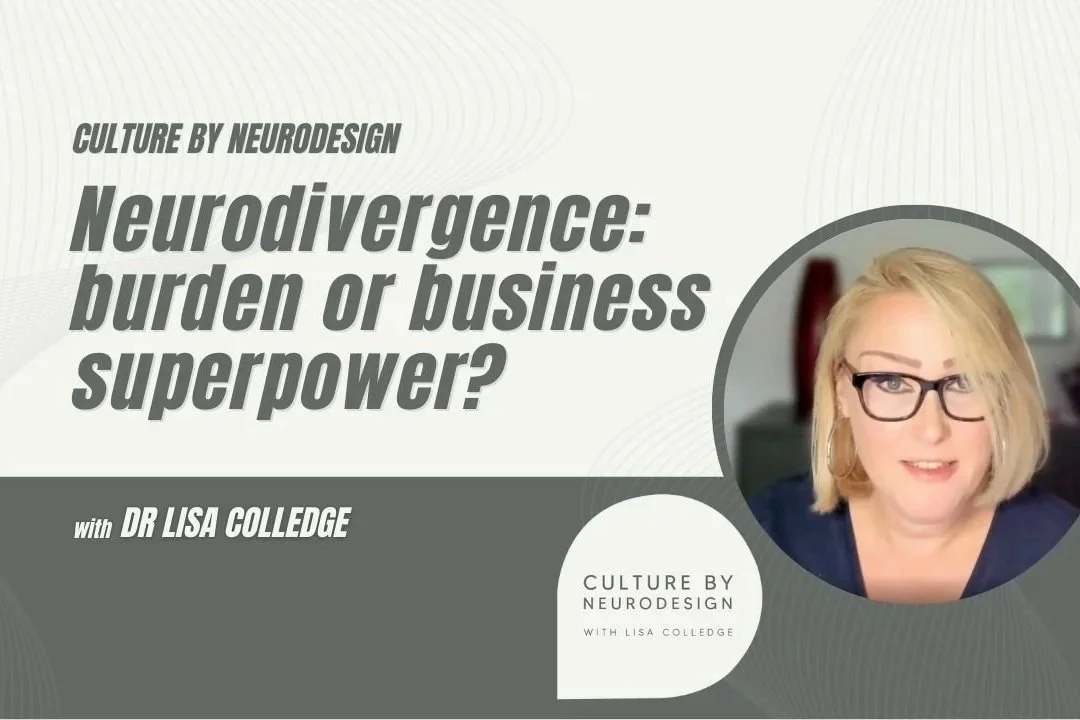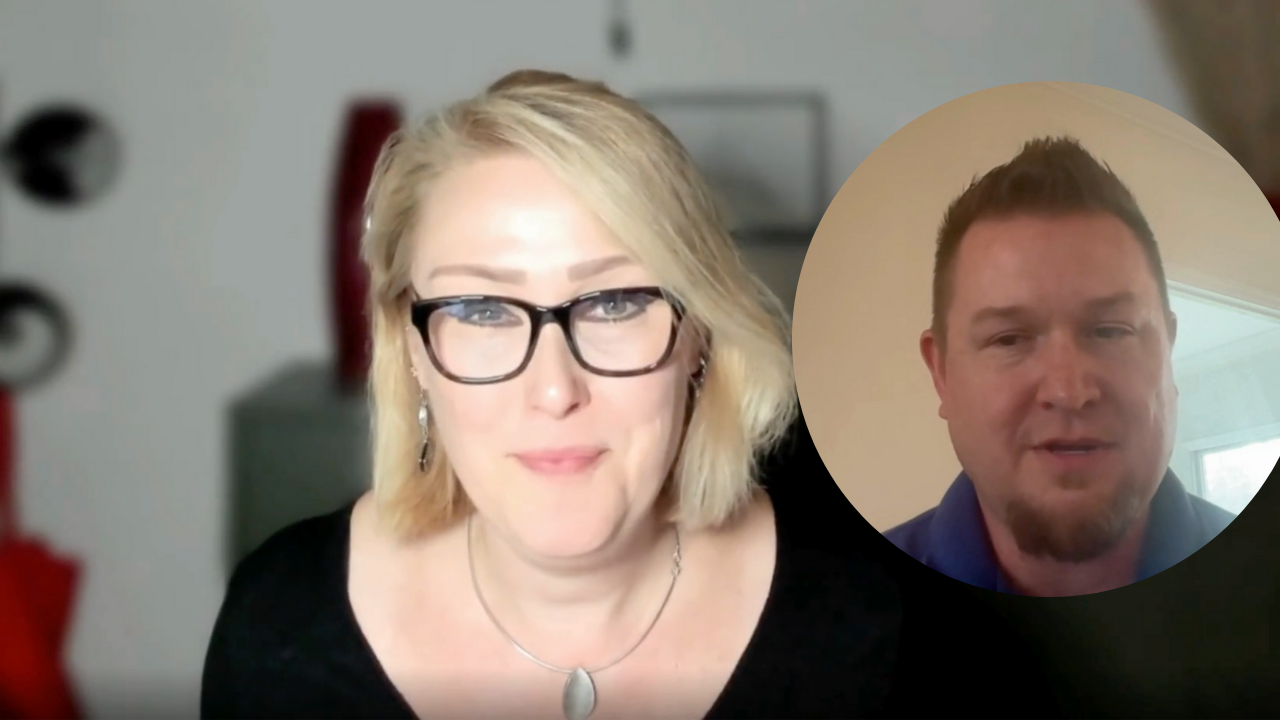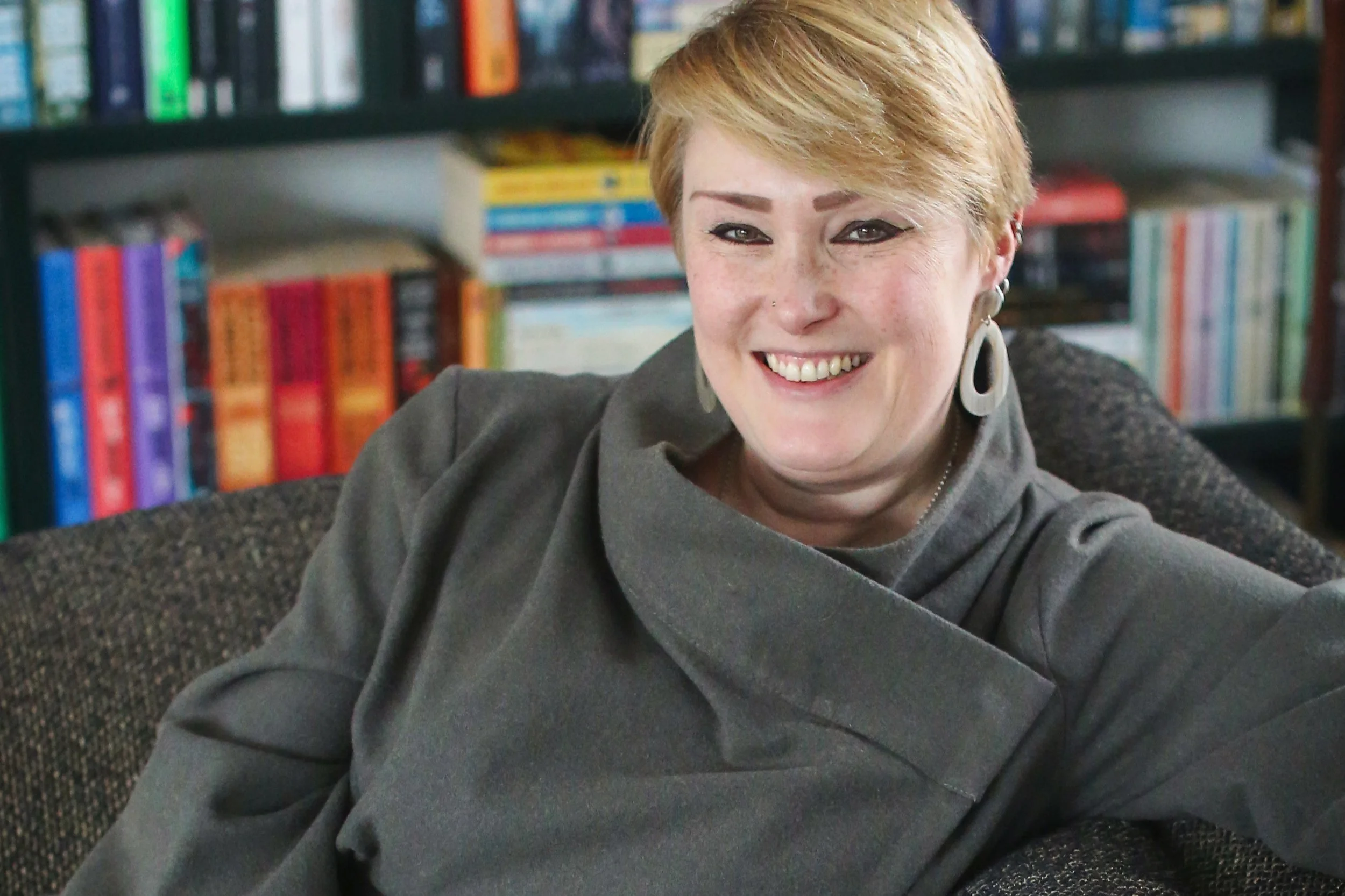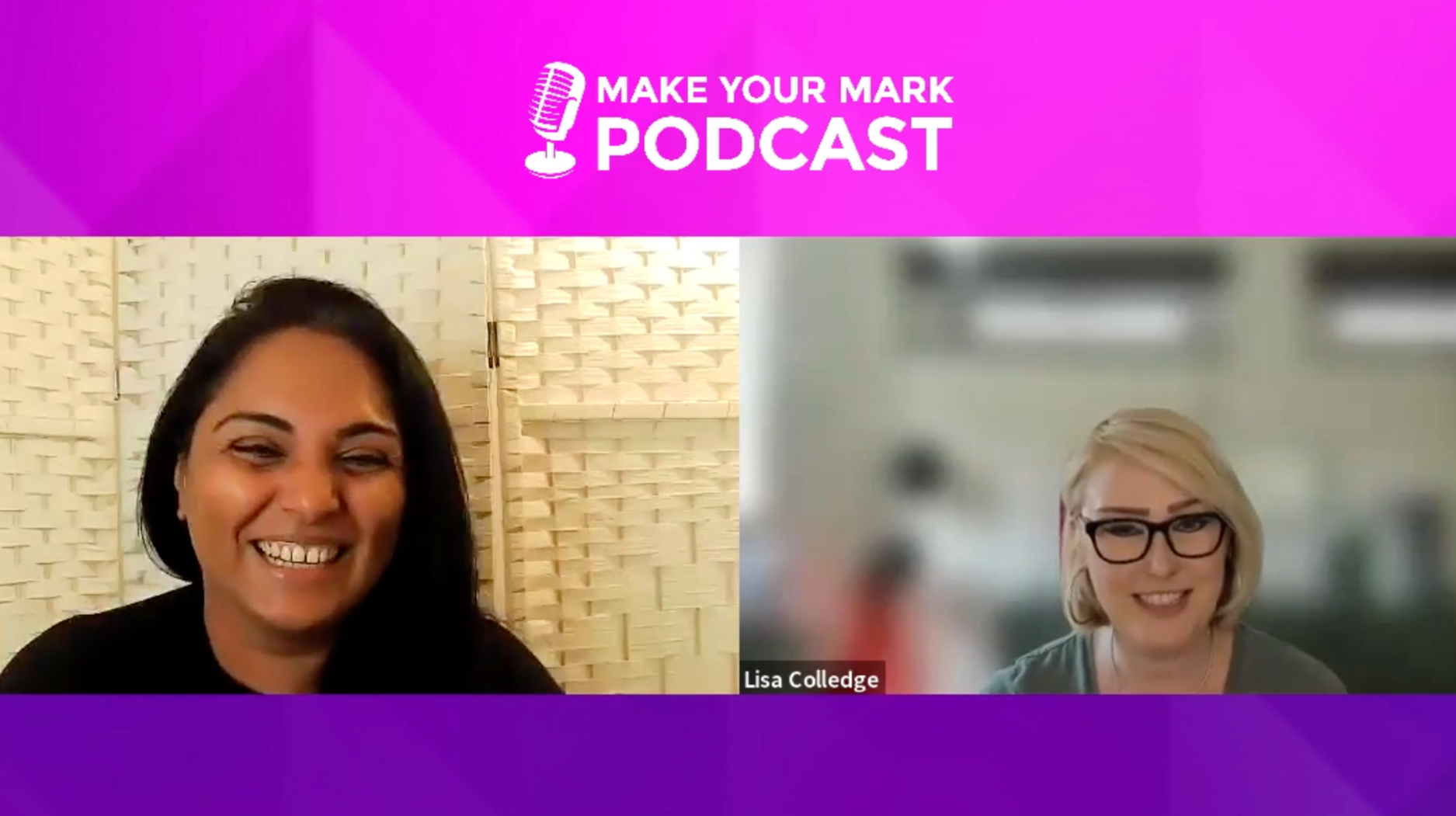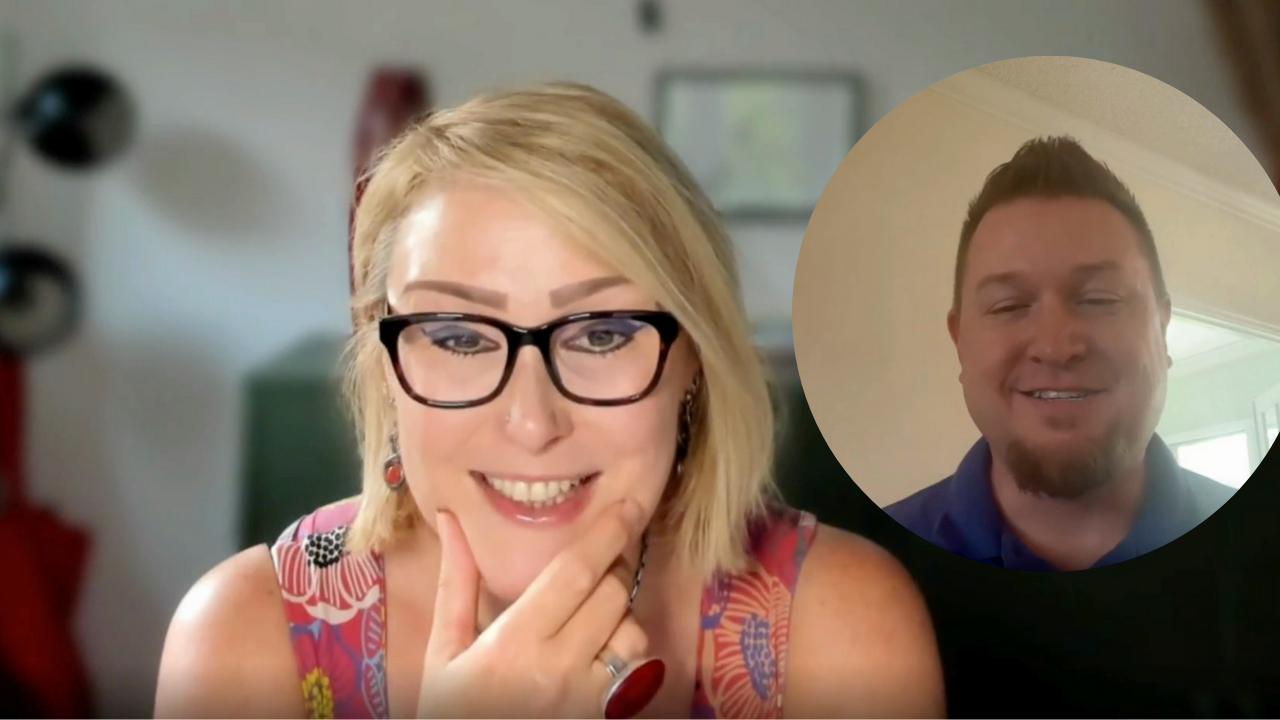Listen and subscribe on your favorite podcast platform. Watch the full recording and read along in the posts below.
Culture by Neurodesign is the podcast where I share expert insights and conversations with guests on how cognitive inclusion, inspired by neurodivergence, transforms working cultures. The result? Teams that are happier, healthier, and able to perform at their best.
Drawing on practices that support neurodivergent thinking styles like autism, ADHD, and dyslexia, I explore how leaders can design resilient, innovative environments where every team member, whatever their neurostyle, can contribute their best and thrive.
From proactive culture design (“design over disclosure”) to creating performance infrastructure that supports diverse neurostyles, this podcast brings you practical, evidence-informed strategies for the modern leadership playbook.
Whether you’re building a new team, resetting culture, or addressing systemic performance challenges, Culture by Neurodesign gives you the tools to create Neuro-Inspired Teams™ and turn invisible effort into lasting impact.
Season 1 is now complete, and the podcast is currently on pause.
If you’d like to stay connected in the meantime, please subscribe to my free newsletter The Neuro-Inspired Question below and I hope you’ll enjoy exploring Season 1 episodes here.
Episode 48: What the neurodivergence? Sabine van Ditzhuizen puts me on the spot about neuro-inclusive design
Dr. Lisa Colledge explores why neurodiversity should be at the heart of every inclusion strategy. From ADHD creativity and autistic pattern recognition to dyslexic big-picture thinking, she shows how neuro-inclusive design boosts innovation, retention, and performance without relying on disclosure. Practical, scalable, and future-ready.
Episode 47: Flow state and fast brains: balancing creative flow with rigorous structure – a discussion with Nick Cawthon
UX specialist Nick Cawthon shares how his “fast brain” finds creativity in flow states, why burning mental bridges fuels innovation, and how working with structured thinkers turns ideas into impact. This conversation explores the power of neurodiverse teams, combining rapid idea generation with precision and detail, to build adaptability, resilience, and high performance in design, AI, and beyond.
Episode 46: Designing for difference: lessons from two restaurants getting autism inclusion right - a discussion with Will Savell
What does real autism inclusion at work actually look like? Will Savell spotlights two East Tennessee restaurants quietly leading the way. Without using buzzwords or formal programs, they model neuro-inclusive workplaces through clarity, consistency, and strengths-based design. From calm kitchens to flexible roles and emotionally safe leadership, these businesses show how everyday decisions can create lasting impact for employees, customers, and communities.
Episode 45: From autism diagnosis to entrepreneur: finally, inclusion that works for everyone
Discover why neuro-inclusive design isn’t just good ethics, it’s smart business. By enabling every neurostyle to thrive, teams unlock innovation, adaptability, and wellbeing. If you want to build high-performing teams where inclusion drives results, this is the insight you need.
Episode 44: Neuro-inclusion 101: a conversation with Kay Suthar on what leaders miss
Discover how neuro-inclusive leadership transforms team trust, engagement, and performance. In this interview with Kay Suthar, Dr. Lisa Colledge shares real-world strategies, the personal story behind her business, and practical tips leaders can use today without requiring a diagnosis.
Episode 43: ADD in the age of DEI backlash: a real-life look at burnout and belonging, with Will Savell
What does true inclusion look like beyond checkboxes and buzzwords? Will Savell shares his powerful journey through ADD, burnout, masking, and personal reinvention. From being labeled “learning disabled” to rising into executive leadership, his story reveals the hidden toll of success built on suppression and the freedom that comes from embracing neurodivergence. This candid conversation explores what it really takes to feel seen and supported at work, and offers a practical, human-centered approach for leaders who want to respond with empathy and build truly neuro-inclusive teams.
Episode 42: Neurodivergent thinking is a business strategy, not a sympathy play: discussion with Robert Annis
Discover how neurodivergent talent like autistic thinkers drives innovation, cognitive diversity, and competitive advantage. Dr Lisa Colledge and psychologist Robert Annis explore neuro-inclusion, leadership strategy, and how diverse brains fuel growth, resilience, and long-term business success.
Episode 41: How to design a brainstorm for autistic and ADHD thinkers - and everyone else
Most brainstorms are designed for extroverts and fast talkers, excluding introverts, autistic, and ADHD thinkers. Dr Lisa Colledge shares a neuro-inclusive brainstorm strategy to unlock every team member’s ideas before, during, and after the session to fuel innovation and diverse thinking.
Episode 40: My ADHD team lead is unbearable during deadlines. What can I do?
Discover how neuroinclusive team design can resolve friction and burnout without relying on diagnosis or labels. When ADHD traits clash with team expectations, the problem is not personality but a lack of shared norms. This blog explores how the FIT Framework—Fair, Intentional, Team-minded—helps teams align communication, manage different neurostyles, and create a high performing inclusive team culture for everyone.
Episode 39: The surprising connection between parenting and leadership: discussion with Sharon Lim
What if leadership and parenting weren’t separate skills—but reflections of the same mindset? In this episode of Culture by Neurodesign, coach Sharon Lim shares how leadership tools like clarity, flexibility, and trust helped her raise three sons and lead high-performing, neuro-inclusive teams. Learn why adaptive leadership, emotional intelligence, and individualised support are essential for building psychological safety, improving team performance, and supporting cognitive diversity at work and at home.
Episode 38: Lee September on transforming sensitivity into a leadership superpower
Discover how neurodivergent leadership is reshaping tech culture. In this powerful episode of Culture by Neurodesign, Lee September—Software Engineering Manager and Neurodivergence BRG Lead at Bol.com—shares how embracing his high sensitivity and autistic traits transformed his leadership style. From building psychological safety to preventing BRG burnout, this conversation explores the power of emotional intelligence, authenticity, and neuro-inclusive leadership in engineering. Essential listening for new team leads, BRG/ERG leaders, and inclusive workplace champions looking to turn neurodiversity into a strategic performance edge.
Episode 37: Neurodivergence and high performance: lessons from a underwater school play
Inclusive design rooted in clarity, predictability, and psychological safety unlocks hidden potential in neurodivergent teams. Drawing from a powerful classroom example, this post explores how high expectations, structured support, and sensory-aware environments lead to engagement, trust, and performance.
Episode 36: Super-vision: why autistic minds are a natural match for intelligence work
Defense and cybersecurity agencies like GCHQ and Unit 9900 recruit autistic and dyslexic talent for elite roles in visual thinking, pattern recognition, and anomaly detection. This episode explores why neurodivergent professionals are key to high performance, innovation, and cognitive diversity—no diagnosis required.
Episode 35: What tech got right with autism at work programs — and where we go next
Autism-at-work programs from companies like SAP and Microsoft proved the business case for hiring neurodivergent talent—with dramatic gains in innovation, productivity, and retention. But as today's workforce evolves, these diagnosis-based programs no longer scale. In this blog, Dr. Lisa Colledge explores why the next chapter of neurodiversity inclusion in the workplace must go beyond formal programs. With over 50% of Gen Z identifying as neurodivergent, organizations must shift from compliance to culture—embedding cognitive inclusion, flexible design, and neuro-inclusive leadership into everyday team practices. Featuring insights from ASML, EY, and the FIT Framework (Fair, Intentional, Team-Minded), this post offers a blueprint for creating high-performing, neurodiverse teams—without needing diagnosis-based initiatives. Perfect for founders, team leads, and HR professionals ready to future-proof their teams through inclusive design and diverse thinking.
Episode 34: Anti-bias brains that excel in logic and rational decision-making
Autistic thinkers bring a unique edge to high-stakes environments. They are less susceptible to cognitive bias and tend to make clearer, more rational decisions under pressure. Dr Lisa Colledge explores how autistic strengths like logic, focus, and structure give teams a competitive advantage in data-rich sectors like tech, finance, and healthcare, and how inclusive team cultures can unlock this potential.


